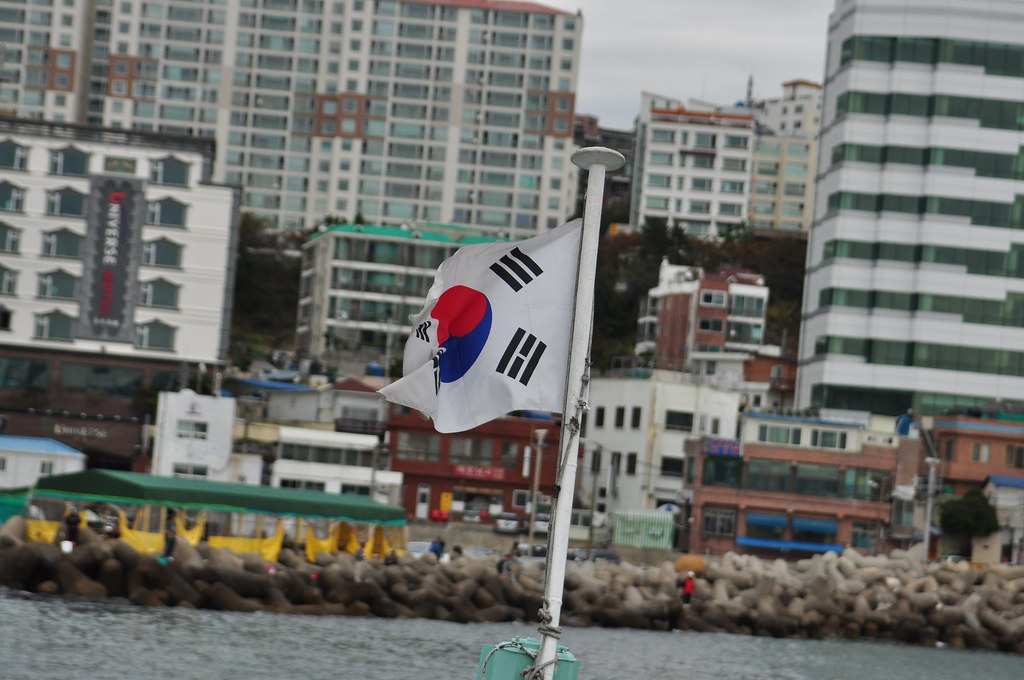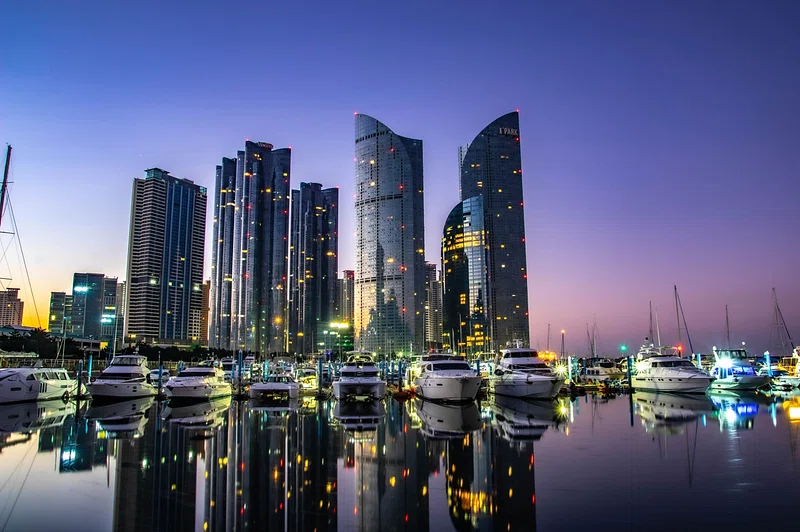By Matija Šerić
The U.S. State Department, the UK Foreign Office, and EU bodies have repeatedly advised their citizens not to travel to Afghanistan under any circumstances due to the repression of the Taliban regime and ongoing armed conflicts with insurgent groups. The end of the Taliban’s guerrilla insurgency against the legitimate Afghan government led by President Ashraf Ghani (supported by the West) in August 2021 resulted in a sharp decline in violence across the country.
However, violence still occasionally occurs, mainly from a branch of the Islamic State – the Islamic State Khorasan Province (ISIS-K). In addition to them, some smaller insurgent groups, such as the National Resistance Front of Afghanistan (NRF) and certain militias, continue to engage the Taliban in armed resistance.
Afghanistan’s Irresistible Allure for Tourists
Many tourists have ignored the warnings from their governments not to travel to Taliban-controlled Afghanistan. While the number of tourists is not massive, it is gradually increasing and far from negligible. Last year, around 6,000 tourists visited Afghanistan, and a similar number has already been recorded in the first six months of the current year. Many globally recognized influencers with hundreds of thousands of followers on YouTube and TikTok (e.g., Margaritta, Zoe Stephens, Nolan Saumure) have been visiting this Central Asian country in recent months.
Tourists typically visit historical sites such as the remnants of the Bamiyan Buddhas, the magnificent Blue Mosque in Mazar-i-Sharif, and the UNESCO-protected Minaret of Jam. The ancient cities of Herat and Balkh are also of great interest, known for their Islamic architecture, ancient fortresses, and cultural heritage. In the capital, Kabul, tourists visit the National Museum of Afghanistan and the Babur Gardens, symbols of more peaceful times.
Solo Indian Female Walking On Streets Of Afghanistan
Naive Influencers Support the Sharia Regime
In their social media posts, influencers show their audiences how they explore Afghanistan’s exotic mountainous and flat landscapes and the culture of its various tribes. These simple and easily digestible portrayals undoubtedly challenge the widespread negative stereotypes that the Islamic Emirate of Afghanistan is unsafe and hostile toward women and foreigners. Alongside influencers, some travel agencies are producing creative promotional videos about Afghanistan, which Taliban-affiliated social media accounts have shared in an attempt to attract more visitors.
Undeniably, such portrayals of local reality crafted by naive foreigners benefit the autocratic Taliban regime. It serves as unpaid advertising — an unexpected gift for the ruling Taliban. Numerous Afghan dissidents and international experts on Central Asia and Islamism have raised alarms about this phenomenon.
Double Standards
Afghan scholar and civil society activist Orzala Ashraf Nemat, currently a visiting fellow at the Royal United Services Institute (RUSI) in London, has stated that the sudden influx of foreign influencers in Afghanistan is deeply troubling. “Instead of an accurate representation, we are witnessing a beautified, filtered version of the country that conveniently erases the brutal reality Afghan women face under Taliban rule,” warned Nemat. She added that foreign female influencers freely roam the country for photo ops while local women are barred from attending school, working, or even walking freely in public without a male guardian.
Harsh State Policies Toward Women
The Taliban have ruthlessly excluded Afghan women from many aspects of public life, including access to education and the labor market, stripping them of privacy, freedom of movement and expression, and imposing strictly controlled family lives. Last year, the United Nations accused the Taliban regime of denying education to at least 1.4 million girls since coming to power. Considering the number of girls already out of school before the Taliban takeover, the UN reported that as many as 80 percent of school-age Afghan girls — a total of 2.5 million — are not attending school. Beauty salons have been shut down, and women are banned from entering public parks and gyms or traveling long distances without a male escort.
ICC Indictments
In July, the International Criminal Court (ICC) issued arrest warrants for two top Taliban leaders (Supreme Leader Hibatullah Akhundzada and Chief Justice Abdul Hakim Haqqani), accusing them of persecuting women, girls, and LGBT+ individuals. The alleged crimes occurred between August 15, 2021 — when the Taliban seized power — and January 20 of this year.
Taliban leaders dismissed the ICC charges as “baseless rhetoric,” claiming they do not recognize the court’s jurisdiction and pointing out its failure to protect “hundreds of women and children killed daily in Gaza.” Despite international condemnation, the regime continues enforcing repressive measures that deny women fundamental human rights. Human rights organizations Amnesty International and Human Rights Watch (HRW) welcomed the arrest warrants against the arrogant Taliban leaders.
Tourism — The Taliban’s Unexpected Trump Card
Though not originally planned, Taliban leaders are now trying to turn tourism into a new source of revenue and a means to revive the country’s ailing economy. The economy is in crisis due to the suspension of foreign aid, the freezing of Afghan financial assets abroad, international sanctions, and the ruling elite’s economic illiteracy. Over the past year, the Taliban have taken steps such as simplifying visa procedures and introducing direct flights, while actively inviting YouTubers and TikTokers to share positive experiences from Afghanistan.
At first glance, tourism seems incompatible with the ideology of radical Islamism, which traditionally rejects all forms of Western influence and liberal lifestyles. However, in 2025, the Taliban are striving to present a more pragmatic image of themselves. Therefore, they permit certain forms of tourism under strict conditions, as long as it does not threaten their religious and moral norms. Tourists must adhere to strict dress codes, gender segregation, and public behavior rules. As long as these rules are respected, the Taliban have no problem welcoming even American porn actresses. On the other hand, any form of criticism of the regime or violation of Islamic norms can lead to sanctions.
“Welcome To Afghanistan”: Video Invites US Tourists With Hostage Scene
Positive PR in Service of a Radical Ideology
The primary goal of tourism promotion and attracting foreign visitors is not genuine openness to the world but the creation of an image of safety and stability under Islamist rule, as well as a source of foreign currency. It is a carefully orchestrated marketing campaign through which the Taliban aim to reshape the country’s image in the eyes of the international public. They seek to portray themselves as capable, albeit unconventional, rulers who bring order, peace, and stability — while simultaneously (albeit less visibly in PR terms) continuing the repression of women, suppression of freedom of expression, and intolerance toward any dissent.
In this context, tourism does not symbolize modernization in the classical sense but rather serves as a tool of selective modernization — a means to secure revenue and generate positive PR without abandoning rigid ideological foundations.
Geopolitics Overrules Ideology
Thanks in part to tourism and other factors, the Russian Federation became the first country to recognize the Taliban government in July. In April, the Taliban were removed from Russia’s list of terrorist organizations. Russian President Vladimir Putin had already referred to the Taliban as “allies” in the fight against terrorism as early as July of the previous year. While many countries have never established diplomatic relations with the Taliban regime, the UAE, China, Pakistan, and Uzbekistan have decided to maintain their embassies in Kabul. Despite its strict Sharia-based regime, Taliban-controlled Afghanistan is a geopolitical reality that all must come to terms with. As for women’s rights, foreign governments might attempt to pressure the Taliban into easing their repression and respecting women’s rights, but it certainly won’t be through sanctions — rather, through some form of engagement.








